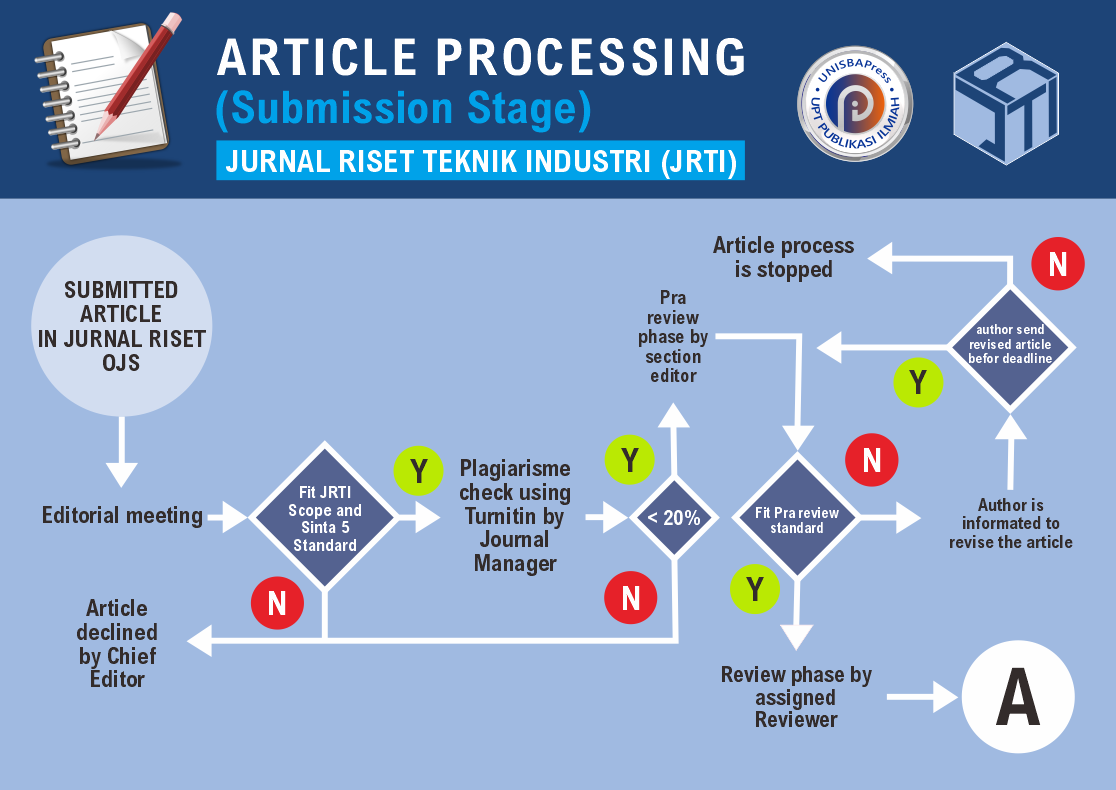Perancangan Sistem Informasi Dana Sosial di Baitul Maal Universitas Islam Bandung
DOI:
https://doi.org/10.29313/jrti.v2i2.1284Keywords:
Sistem Informasi, Dana Sosial, Metode PrototypeAbstract
Abstract. Baitul Maal Unisba (BMU) has the task to collect, manage and distribute zakat, infaq, alms, waqf (ZISWAF) and other social funds. Currently BMU does not yet have an integrated information system, thus causing obstacles for students and BMU. Students generally apply for social funds by visiting the BMU website, then contacting the BMU whatsapp contact, preparing proposal documents and conducting direct interviews at the BMU secretariat. This is considered less effective because it uses several communication platforms and there are still physical documents that can cause file stacking, data being separated and data loss because it has not been stored in a centralized database. To solve the above problems, a social fund information system is designed at BMU. The method used in this research is the prototype method. This method has four main stages in designing information systems, namely planning, analysis, design and implementation. The results of this study are in the form of a website-based social fund information system design in the form of an application prototype which consists of account registration features, logins, social fund information, uploading proposal files and reports on the results of submitting social funds. With the social fund information system, it is hoped that it will make it easier for students and BMU so that the process of submitting and managing social funds data runs effectively and efficiently.
Abstrak. Baitul Maal Unisba (BMU) memiliki tugas menghimpun, mengelola serta menyalurkan dana zakat, infaq, sedekah, wakaf (ZISWAF) dan dana sosial lainnya. Saat ini BMU belum memiliki sebuah sistem informasi yang terintegrasi, sehingga menyebabkan kendala bagi mahasiswa dan BMU. Mahasiswa umumnya mengajukan dana sosial dengan cara mengunjungi website BMU, setelah itu menghubungi kontak whatsapp BMU, menyiapkan dokumen proposal dan melakukan wawancara langsung di sekretariat BMU. Hal tersebut dinilai kurang efektif karena menggunakan beberapa platform komunikasi dan masih adanya dokumen fisik yang dapat menyebabkan penumpukkan berkas, data terpisah-pisah hingga kehilangan data karena belum tersimpan pada basis data yang terpusat. Untuk menyelesaikan permasalahan diatas, maka dirancang sebuah sistem informasi dana sosial di BMU. Metode yang digunakan dalam penelitian ini adalah metode prototype. Metode ini memiliki empat tahapan utama dalam merancang sistem informasi yaitu perencanaan, analisis, perancangan dan implementasi. Hasil penelitian ini berupa rancangan sistem informasi dana sosial berbasis website dalam bentuk prototype aplikasi yang didalamnya terdiri dari fitur registrasi akun, login, informasi dana sosial, mengunggah file proposal dan report hasil pengajuan dana sosial. Dengan adanya sistem informasi dana sosial diharapkan dapat mempermudah mahasiswa dan BMU sehingga proses pengajuan dan pengelolaan data dana sosial berjalan dengan efektif dan efisien.
References
H. M. Jogiyanto, Sistem Teknologi Informasi, 3rd ed. Yogyakarta: Andi Yogyakarta, 2008.
W. K, T. Supriyanto, and S. Wahyuni, Sistem Informasi Manajemen. Jember: UPT Penerbitan UNEJ, 2015.
Y. M. Putra, “Sistem Informasi Untuk Persaingan Keunggulan,” Universitas Mercu Buana, Jakarta, 2018.
P. Kamil, H. Suhendi, and Y. Maryandi, “ANALISIS KINERJA PENGELOLAAN ZAKAT INFAK BAITUL MAAL UNISBA,” J. Dakwah Sos., vol. 1, no. 1, 2021.
J. A. O’Brien and G. M. Marakas, Management Information Systems, 10th ed. New York: McGraw – Hill, 2010.
J. H. U. P. Simanungkalit, S. Supardi, Y. Bayu, and Sidik, “Sistem Informasi Kepegawaian. In: Konsep Dasar Sistem Informasi,” Universitas Terbuka , 2014.
C. Purnama, Sistem Informasi Manajemen. Mojokerto, 2016.
A. N. Puriwigati, “SISTEM MANAJEMEN BASIS DATA.” Universitas Mercu Buana, 2020.
Ruliah and A. Suryadi, Basis Data dan Sistem Basis Data, 1st ed. Perpustakaan Universitas Terbuka, 2020.
Fathansyah, Basis Data, 2nd ed. Bandung: Informatika, 2012.












